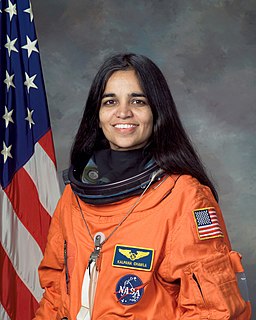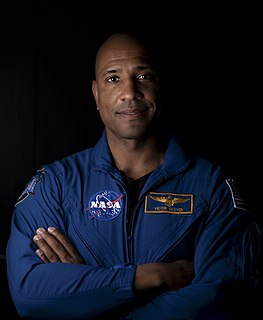A Quote by Martin Rees
There are lots of ideas which extend the Copernican principle one step further. We went from the solar system to the galaxy to zillions of galaxies and now to realising even that isn't all there is.
Related Quotes
While the Copernican principle comes with no guarantees that it will forever guide us to cosmic truths, it's worked quite well so far: not only is Earth not in the center of the solar system, but the solar system is not in the center of the Milky Way galaxy, the Milky Way galaxy is not in the center of the universe, and it may come to pass that our universe is just one of many that comprise a multiverse. And in case you're one of those people who thinks that the edge may be a special place, we are not at the edge of anything either.
But, as Douglas E Harding has pointed out, we tend to think of this planet as a life-infested rock, which is as absurd as thinking of the human body as a cell infested skeleton. Surely all forms of life, including man, must be understood as "symptoms" of the earth, the solar system, and the galaxy in which case we cannot escape the conclusion that the galaxy is intelligent.
Avice for a human. 87. Dark matter is needed to hold galaxies together. Your mind is a Galaxy. More dark than light. But the light makes it worthwhile. 88. Which is to say: don't kill yourself. Even when the darkness is total. Always know that life is not still. Time is space. You are moving through that galaxy. Wait for the stars.
The suppression of uncomfortable ideas may be common in religion or in politics, but it is not the path to knowledge, and there's no place for it in the endeavor of science. We do not know beforehand where fundamental insights will arise from about our mysterious and lovely solar system. The history of our study of our solar system shows us clearly that accepted and conventional ideas are often wrong, and that fundamental insights can arise from the most unexpected sources.
There are lots of different ways that algorithms can go wrong, and what we have now is a system in which we assume because it's shiny new technology with a mathematical aura that it's perfect and it doesn't require further vetting. Of course, we never have that assumption with other kinds of technology.



































